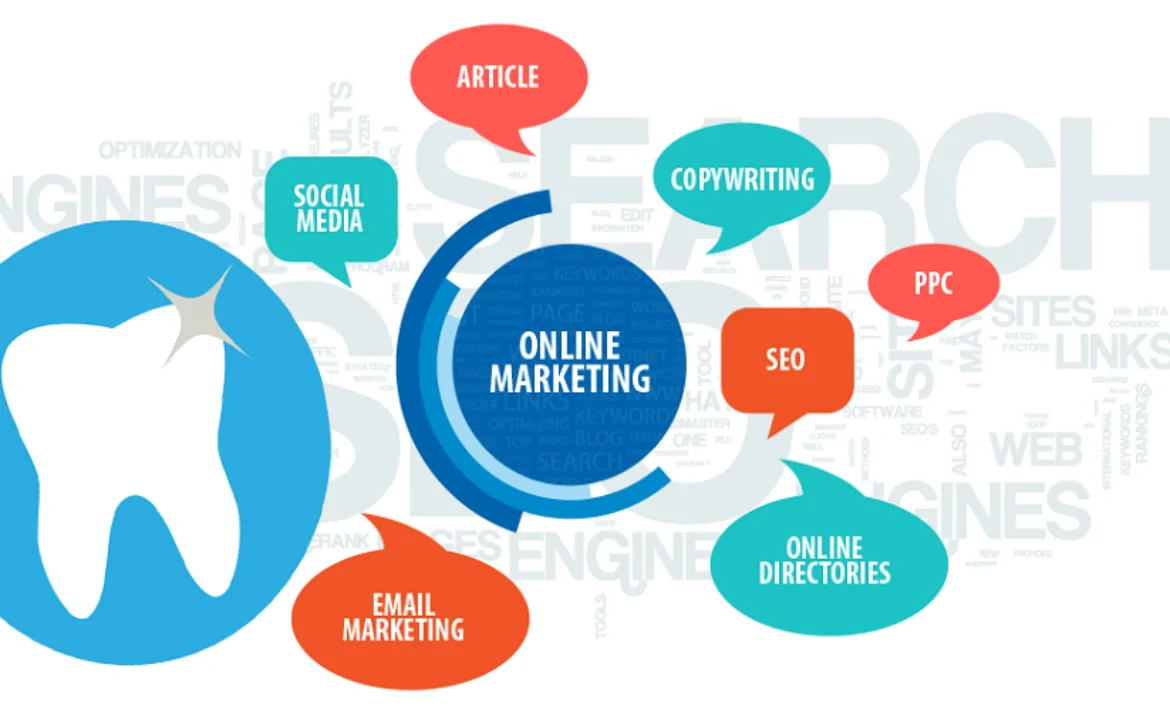Shopify Dropshipping Apps are Essential for E-commerce Success
In the rapidly growing e-commerce landscape, dropshipping has become a popular business model for entrepreneurs looking to sell products online without maintaining inventory. Shopify, a leading e-commerce platform, has paved the way for success by providing various tools and integrations that make it easier to manage and grow an online store. Among these tools, Shopify dropshipping apps stand out as invaluable resources for business owners aiming to streamline operations and boost profitability.
Shopify dropshipping app help automate critical processes, such as sourcing products, managing orders, and handling customer service. Many of these apps are available for free or come with accessible pricing plans, making them attractive to beginners and seasoned sellers alike. Some of the best Shopify dropshipping apps offer direct access to high-quality suppliers, allow for seamless inventory updates, and even provide options for custom branding. By leveraging these applications, online merchants can focus on scaling their businesses and enhancing customer experiences rather than managing the logistics of fulfillment.
This article will dive into the reasons why Shopify dropshipping app are essential for e-commerce success, covering their benefits, types, and tips for choosing the best options for your store. From exploring free and premium apps on the Shopify App Store to understanding how they connect with reliable suppliers, this guide will equip you with the knowledge you need to make the most out of Shopify’s dropshipping ecosystem.
Benefits of Shopify Dropshipping Apps
Shopify dropshipping app offer several benefits to e-commerce success. These include easy access to products and suppliers, automated order fulfillment, inventory and price management, cost efficiency, and free options for beginners.
1. Easy Access to Products and Suppliers:
Shopify dropshipping app like Oberlo, Spocket, and DSers provide store owners with a vast network of suppliers, eliminating the need for rigorous research. These apps allow store owners to browse through thousands of products and find ones that align with their niche and brand.
2. Automated Order Fulfillment:
Automated order processing in Shopify dropshipping app reduces the risk of errors and speeds up delivery times, improving efficiency and customer satisfaction. Inventory and pricing management features help store owners keep a diverse product range without the need for manual updates.
3. Cost Efficiency and Free Options:
While there are premium Shopify dropshipping app, many free basic plans are available for small and medium-sized stores, allowing entrepreneurs to test the waters of dropshipping without significant financial investment. Premium plans are also available for advanced features, making these apps scalable as businesses grow.
4. Streamlined Product Customization and Branding:
Some Shopify dropshipping app download allow sellers to add their branding to items, building brand loyalty and offering unique products. Apps like Printful and Printify specialize in print-on-demand products, allowing store owners to design custom items with logos, slogans, and unique designs. This capability can differentiate a store from competitors, making it easier to build a recognizable brand and attract loyal customers.
Types of Shopify Dropshipping Apps to Consider
With hundreds of Shopify dropshipping apps free available, each caters to different business needs. Here are some popular types:
1. Product Sourcing Apps
Product sourcing apps connect sellers with Shopify dropshipping suppliers. Apps like Spocket and Zendrop offer curated selections of quality products, often sourced from trusted suppliers in various regions. These apps also provide useful insights into shipping times and customer reviews.
2. Order Management Apps
Apps like DSers are tailored for efficient order management, automating processes such as syncing customer orders with suppliers. These types of apps are essential for businesses with high order volumes as they simplify the order tracking and fulfillment process.
3. Print-on-Demand Apps
Print-on-demand (POD) apps such as Printful and Printify enable custom product creation. This is perfect for businesses that want to sell branded merchandise without keeping inventory.
4. Product Review Apps
Having customer reviews on your product pages builds trust. Review apps like Loox or Ali Reviews allow you to import verified customer reviews, helping to establish credibility for new products. Reviews can also enhance SEO, making it easier for new customers to find your products.
Best Shopify Dropshipping Apps
Use these pointers when selecting the best dropshipping apps for your store:
1. Check the Shopify App Store ratings and reviews to gauge reliability and user satisfaction. Look for apps with high ratings and positive feedback to identify potential issues or limitations.
2. Consider free trial and basic plan options for budget-conscious users. Free trials are available for many well regarded apps, enabling users to explore features before deciding to upgrade to a premium plan.
3. Prioritize integration and ease of use by ensuring the app seamlessly integrates with your store and is user-friendly. Some apps, like Oberlo, are specifically designed for Shopify, offering easy integration and intuitive dashboards.
4. Evaluate customer support options, such as live chat, email, or a detailed FAQ section, to ensure quality customer support. Fast, responsive support can help resolve issues promptly and minimize potential disruptions to your business.
In the end, shopify dropshipping apps are crucial for e-commerce success, especially for entrepreneurs looking to scale their online stores with minimal overhead. These apps provide seamless connections to suppliers, streamline inventory management, automate order processing, and offer customizable branding options. The Shopify App Store offers a variety of options for free or premium tools. As the e-commerce space grows, the role of dropshipping apps will become more prominent. By choosing the best app for your business model, you can improve efficiency, enhance customer satisfaction, drive sales, and keep operational costs low.











